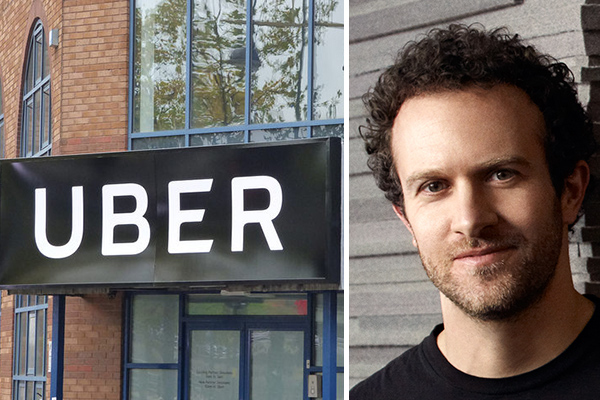As a steady stream of problems continues to swirl around Uber, a Chicago-based software company has decided to take a stand: Earlier this year, Basecamp stopped reimbursing its employees for Uber rides.
Jason Fried, Basecamp CEO, says the decision came down to moral and ethical concerns regarding sexual harassment and discrimination allegations. In an interview, Fried shares what led to the company’s boycott and whether he’s willing to give the ride-hailing app another chance.
Can you explain the decision to end reimbursements for employees using Uber?
We got fed up with how the company had handled these sexual harassment allegations. The leadership wasn’t taking action and was tone deaf about it. When Susan Flower’s blog post on sexual harassment came out in February, we decided enough is enough. As a company, we are a firm believer that every dollar is a vote and we did not want to vote for that. We did not want to support that behavior.
Why was it important for you to make this decision?
When we decide to support a company, we are implicitly saying we like what they are doing. You ask yourself, “Do you want to see more of this in the world or less?” No company is perfect, but we have to draw the line somewhere. This also sends a message to our employees, letting them know what we support and what we stand for.
We had never done this before with any other company. Uber had a growing number of problems for too long, and they kept turning a blind eye, and that really bugged us.
How much money would you say Basecamp has spent reimbursing employees on Uber rides annually?
We are a relatively small company with 50 employees. We weren’t spending $100,000. It was in the thousands, but whatever the number is, they aren’t getting our business anymore. [Fried confirmed via email that Basecamp spent just under $7,000 in 2016 on Uber reimbursements.]
What changes would you need to see in order for you to lift this Uber ban?
When we decided to instate the ban, we said we would give it six months and reevaluate in August whether they’ve changed. I don’t have any specifics as to what I would like to see, but it’s a “I’ll know it when I see it” situation.
There has to be leadership changes at the top. I want to see the board institute the recommendations from the Holder report. If they make those changes in good faith, we are willing to give them a second chance. [Uber CEO Travis Kalanick resigned late Tuesday evening, after this interview was conducted. Later, Fried said via email, "It was the right thing to do."]
Do you hope other companies follow suit?
I do. I’ve read of other companies who have instituted similar bans, and I think it’s applying more pressure on the company to make changes. You also have the Delete Uber movement happening, and that public movement is forcing Uber to pay attention. The more pressure applied, I think the greater chances for change.
Beyond the ban, what’s new with Basecamp?
We are in our 18th year of business, and we launched a new version of our software last year. We have never been more successful. We work 40-hour work weeks. As a company, we are observing summer Friday, which means we are only working 32-hours per week. We are focused on a work-life balance.



